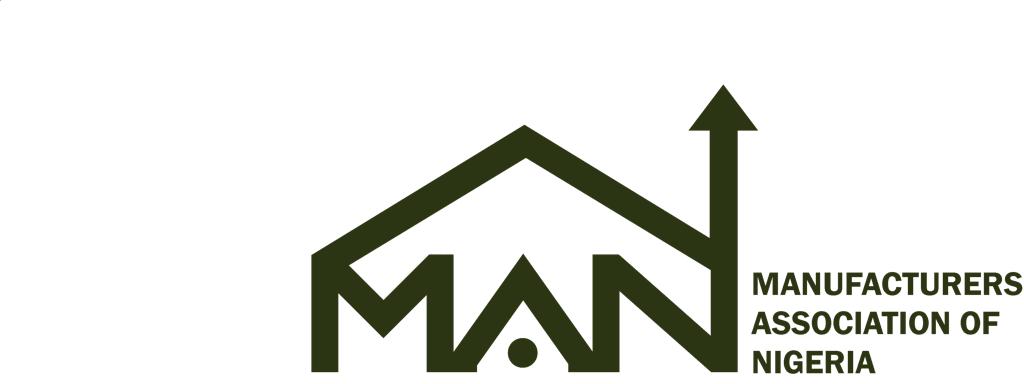
The Manufacturers Association of Nigeria has said that Nigeria’s hope of achieving rapid industrialisation in the bid to diversify the economy would remain a mirage without a conducive business environment for the productive sector.
The association’s President, Francis Meshioye, stated this on Tuesday at the 2023 edition of the Annual Nigeria Manufacturing and Equipment Expo jointly organised with the Nigerian Raw Materials Exposition.
The Expo, themed “Future Manufacturing: Building a Sustainable Roadmap to the Industrialisation of Nigeria” was a three-day event.
Meshioye said the NIRAM Expo was aimed at creating a platform where stakeholders in the raw materials supply chain would come together to synergise, display and trade in available resources and raw materials with the users of those products.
He added that the theme of the event was informed by the unprecedented rate at which the world is changing in terms of innovative technologies, shifting customer expectations, as well as increasing social awareness of gender equity and restoration of previously marginalised communities.
Meshioye noted, “The vision of industrialised Nigeria would remain an illusion until we resolve the bidding constraints that affect the ease of doing business in the country. In going forward, Nigeria at this point in our economic development needs to establish synergy between our trade and industrial policies.
“By successfully assimilating advanced technologies into their systems, existing and prospective industrialists can expect to realise even greater revenue and profits from their investments. Improved political stability; growing investment prospects; business-friendly trade agreements; Industry 4.0; enforcement of policies empowering start-up and female manufacturers; in addition to governmental funding solutions, to name a few, are pivotal factors demonstrating a positive and thriving manufacturing future.”
According to the MAN president, despite concerns that the continent lacks the requirements for global advancements to capitalise on innovative technological initiatives, African countries are uninhibited by infrastructure legacy challenges, thereby providing a higher degree of flexibility than their developed counterparts.
On her part, the Minister of Trade and Investment, Doris Uzoka-Anite, said the volatility of the global oil market and the need for diversification had necessitated a shift towards developing our manufacturing industry and tapping into its immense potential.
She noted, “We must leverage emerging trends such as artificial intelligence, automation, robotics, and the Internet of Things to enhance our manufacturing processes, improve efficiency, and drive productivity.
“By adopting these cutting-edge technologies, we can boost the competitiveness of our local manufacturers and position Nigeria as a global manufacturing hub.”
The keynote speaker at the event, Aliyu Abdullahi, expressed worry that insecurity had made it difficult to establish factories in places with an abundance of raw materials in the country.





